New Paper Demonstrates Quality of eDNA Monitoring for Conservation
Groundbreaking research has the potential to transform the way we monitor invasive species on islands!
Our 2024 Impact Report is live!
Published on
May 17, 2018
Written by
Island Conservation
Photo credit
Island Conservation
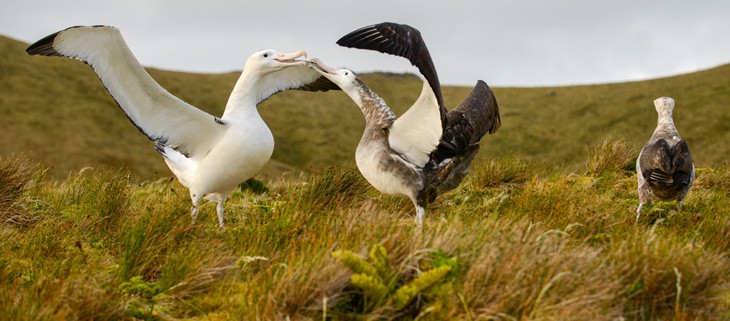
On May 17, 2018, The Royal Society for the Protection of Birds (RSPB) and Island Conservation (IC) signed a Memorandum of Understanding (MOU) formally announcing their partnership to save species on Gough and Henderson Islands. The partners have a shared goal of protecting, restoring, and managing native populations of wildlife and ecosystems impacted by invasive species on these two globally significant islands. Prior to signing this MOU, the RSPB and IC worked together on a contractual work basis. As a result of the MOU, Island Conservation will join the overall Gough Island Restoration Project Steering Committee and the Technical Advisory Group.
Gough Island is a large, remote, uninhabited island in the Tristan da Cunha archipelago, in the South Atlantic, more than 1,500 miles from Cape Town, South Africa. Gough is considered vital nesting habitat for a number of species including the Atlantic Petrel, the endemic Tristan Albatross, the Gough Bunting, and the Small-billed MacGillivray’s Prion. The island, which was once a thriving subantarctic ecosystem, is now plagued by invasive house mice that threaten rare and endemic (found nowhere else on Earth) native bird and plant species.
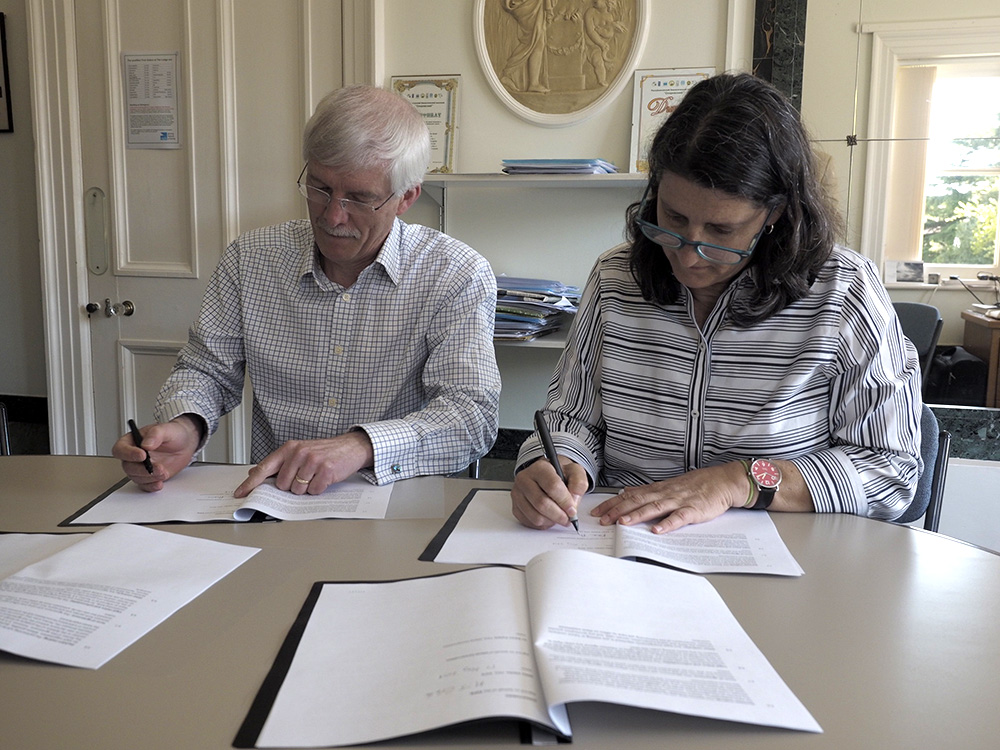
Henderson Island is one of four sub-tropical islands that form the Pitcairn Group in the South Pacific Ocean. Henderson Island is home to over 55 species found nowhere else on earth, including four unique land birds: the Henderson Fruit-dove, Henderson Lorikeet, Henderson Rail and Henderson Reed-warbler. The island, a global stronghold of the gadfly petrel group, is also one of two known breeding sites of the Endangered HendersonPetrel. Despite being uninhabited and far removed from most human activities, Henderson Island is under threat from introduced Pacific rats.
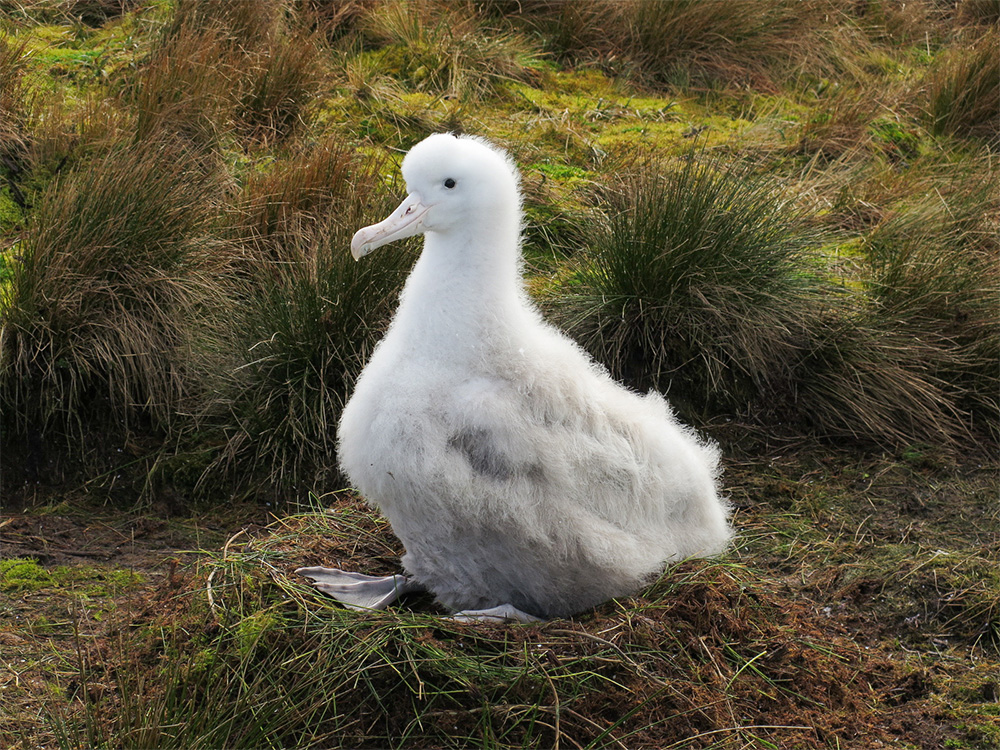
The partners will work collaboratively to plan, fundraise, implement removal of invasive species, and promote these important projects. Working together to restore Gough and Henderson Islands brings benefit to both projects. The RSPB is currently planning these two large scale island restoration projects in the UK Overseas Territories. Island Conservation brings extensive experience and technical knowledge working to remove invasive species internationally.
The MOU is for collaborative partnership restoring Gough Island (2019) and Henderson Island (to be determined) but could be expanded to additional collaborative work on future island restoration projects.
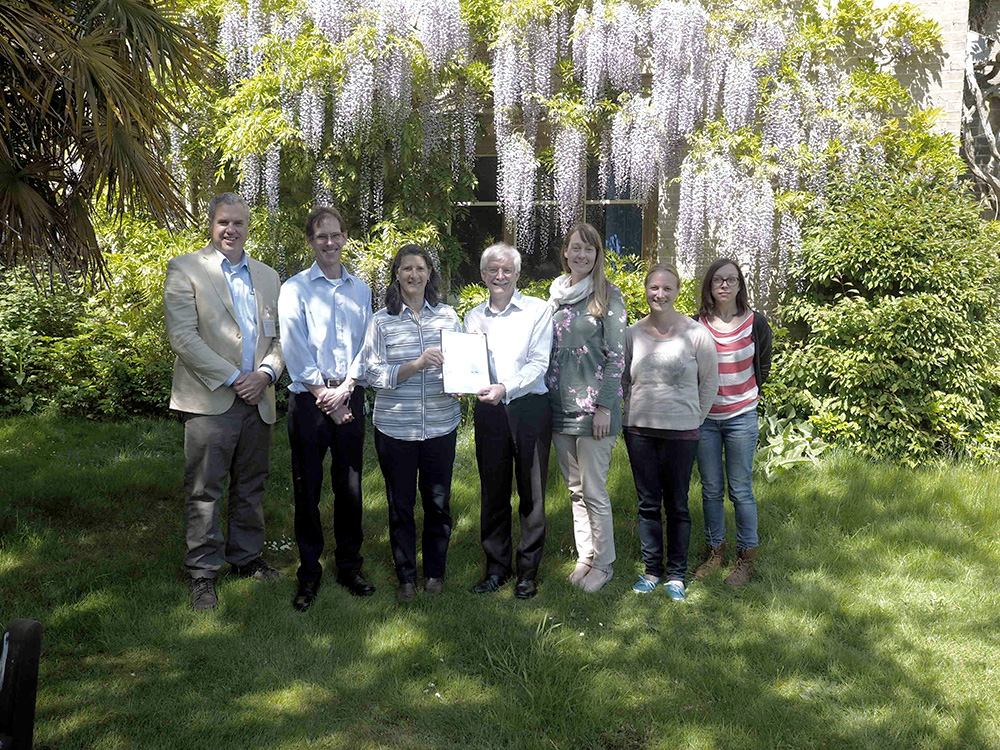
Founded in the nineteenth century to combat the trade in exotic bird feathers, the RSPB has long played a pivotal role in raising awareness about the destruction of wildlife. We have a track record in protecting nature and preventing extinctions. The RSPB is the UK Partner in BirdLife International and has responsibility for safeguarding the wildlife of the UK and in those of its Overseas Territories (UKOTs) where there is no other BirdLife partner. Although the UKOTs are part of the UK, relatively little attention is paid to the conservation of their globally important biodiversity. Saving nature on the UKOTs is therefore one of the RSPB’s highest priorities.
Island Conservation, an international non-profit conservation organization, has a mission to prevent extinctions by removing invasive species from islands. Island Conservation has completed 60 successful eradications on 60 islands, benefiting 1090 populations of 350 animal species (399 if you include subspecies), including 409 populations of 74 seabird species.
Featured photo: A pair of Tristan Albatross on Gough Island. Credit: Tristan da Cunha
Check out other journal entries we think you might be interested in.
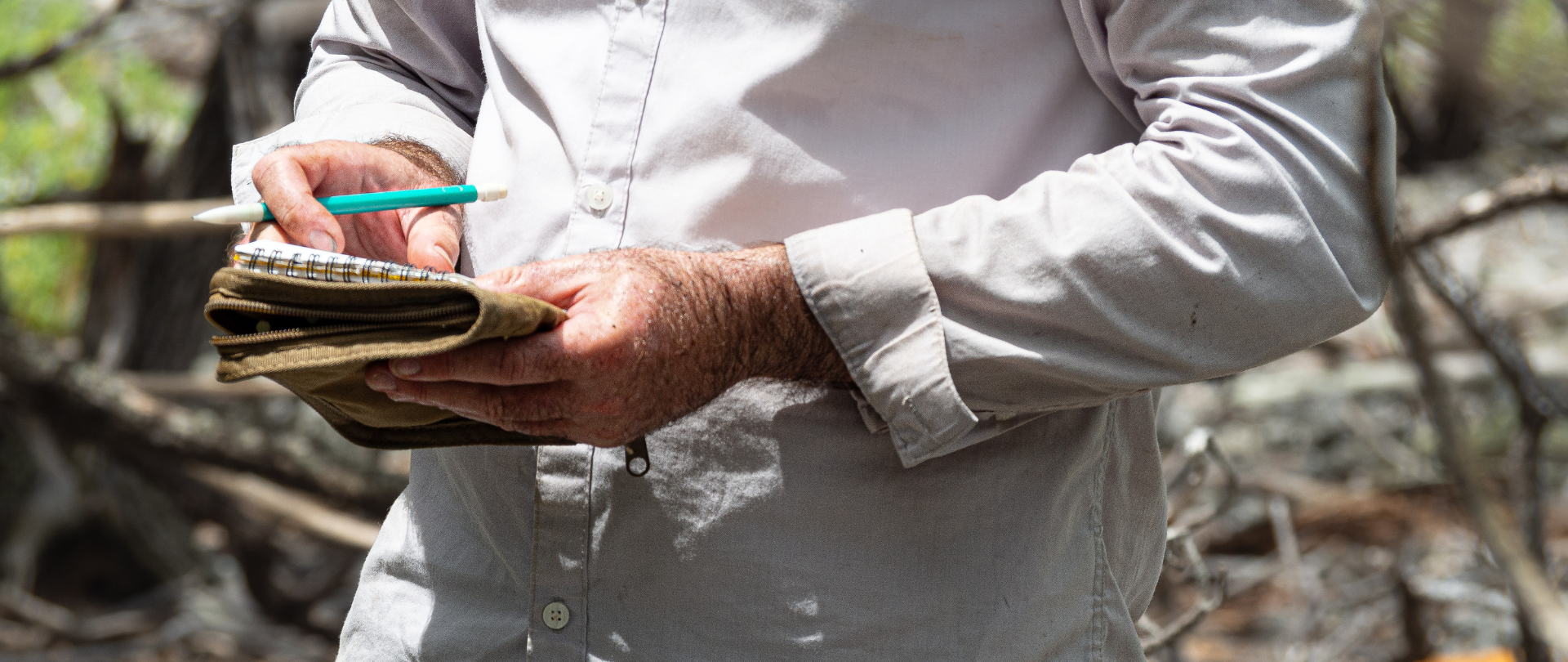
Groundbreaking research has the potential to transform the way we monitor invasive species on islands!

Ann Singeo, founder of our partner organization the Ebiil Society, shares her vision for a thriving Palau and a flourishing world of indigenous science!

This historic agreement aims to protect the marine and coastal areas of the Southeast Pacific.

Our projects to restore key islets in Nukufetau Atoll forecast climate resilience and community benefits in Tuvalu!
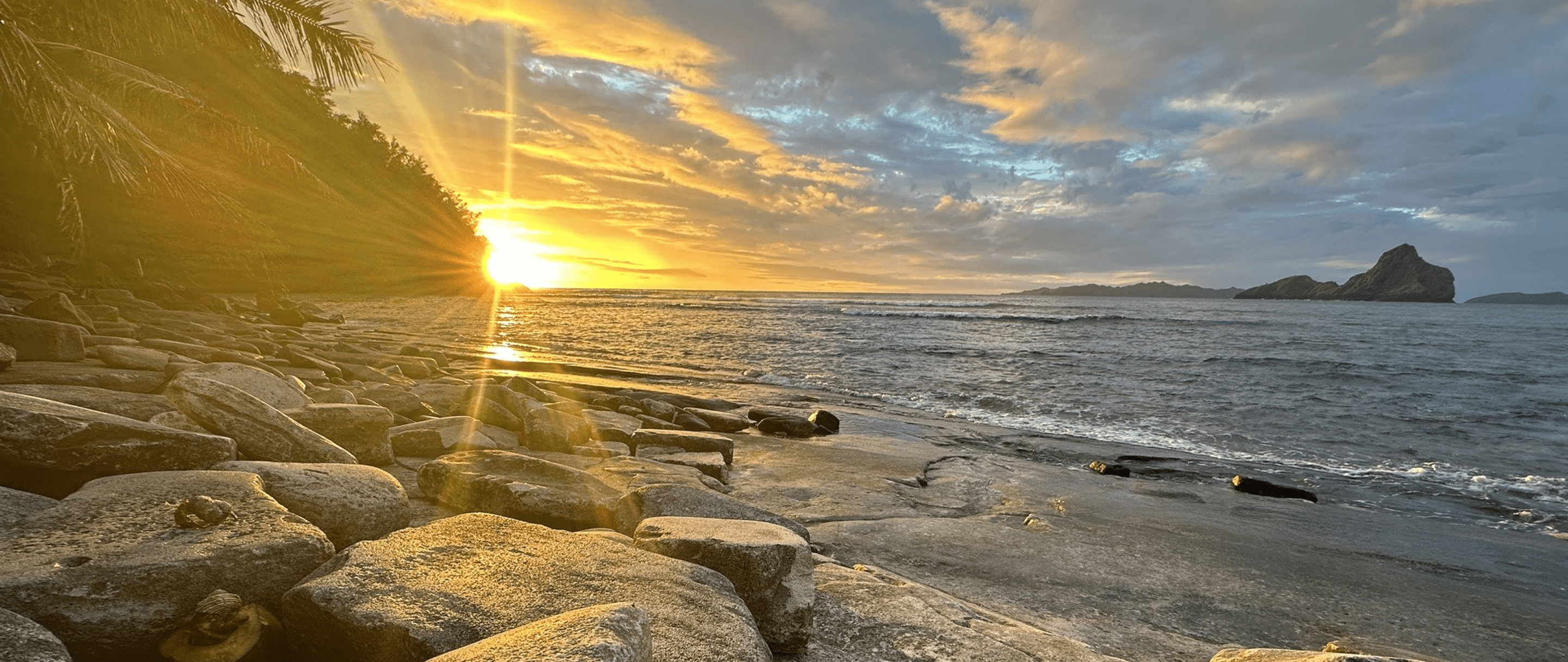
Endangered Polynesian storm-petrels returning to Kamaka Island, French Polynesia within one month of social attraction tools being deployed. Polynesian storm-petrels have not been recorded on Kamaka Island for over 100 years due to invasive rats. These seabirds are able…

Our new branding and website support our vision of a world filled with vibrant biodiversity, resilient oceans, and thriving island communities!
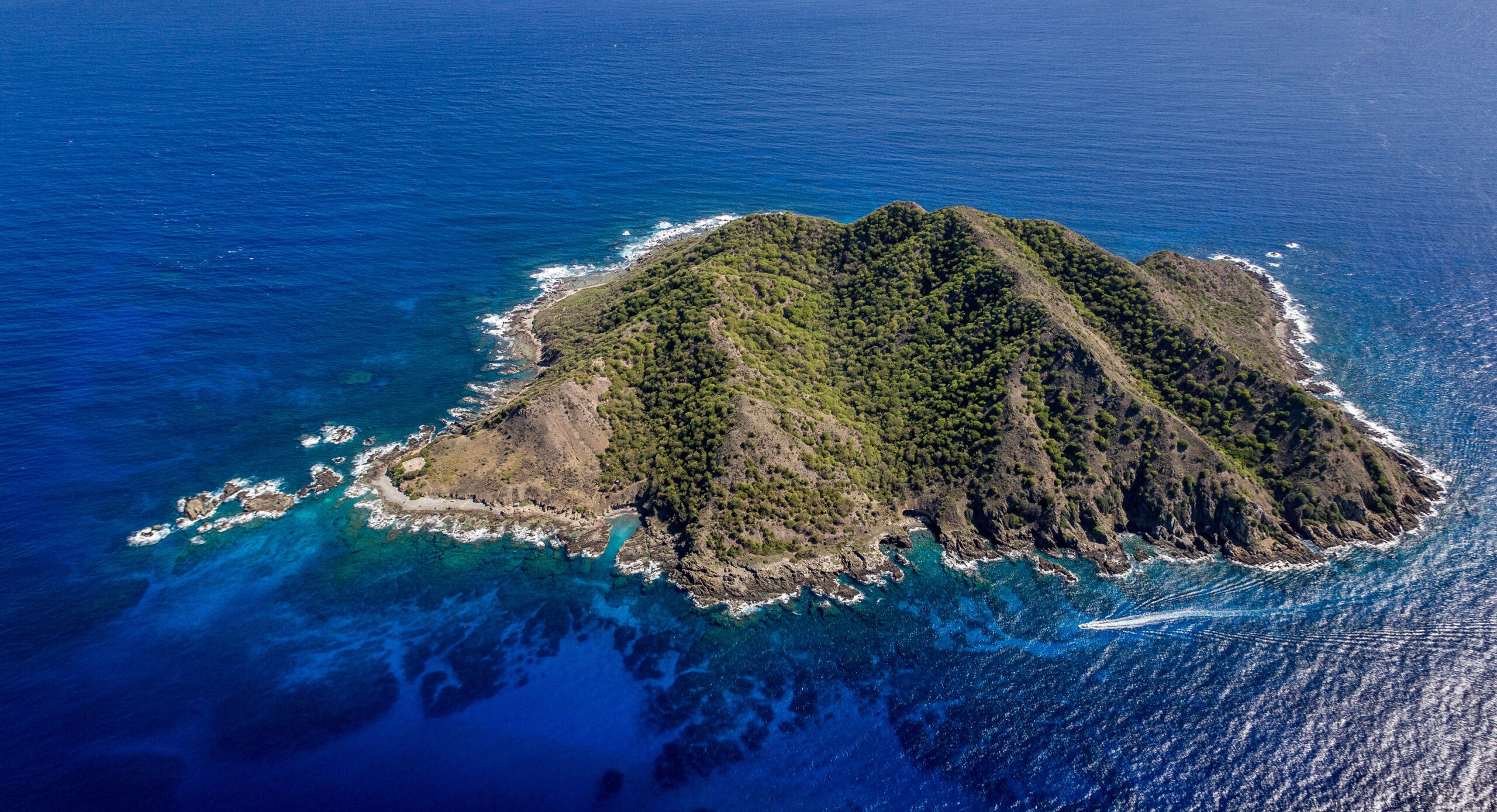
Audubon's Shearwaters are nesting on Desecheo Island for the first time ever! Read about how we used social attraction to bring them home.

Island Conservation and partners have published a new paper quantifying ecosystem resilience on restored islands!

Climate Week NYC: what is it and why is it important? Read on to find out why Island Conservation is attending this amazing event!

With sea levels on the rise, how are the coastlines of islands transforming? Read on to find out how dynamic islands really are!